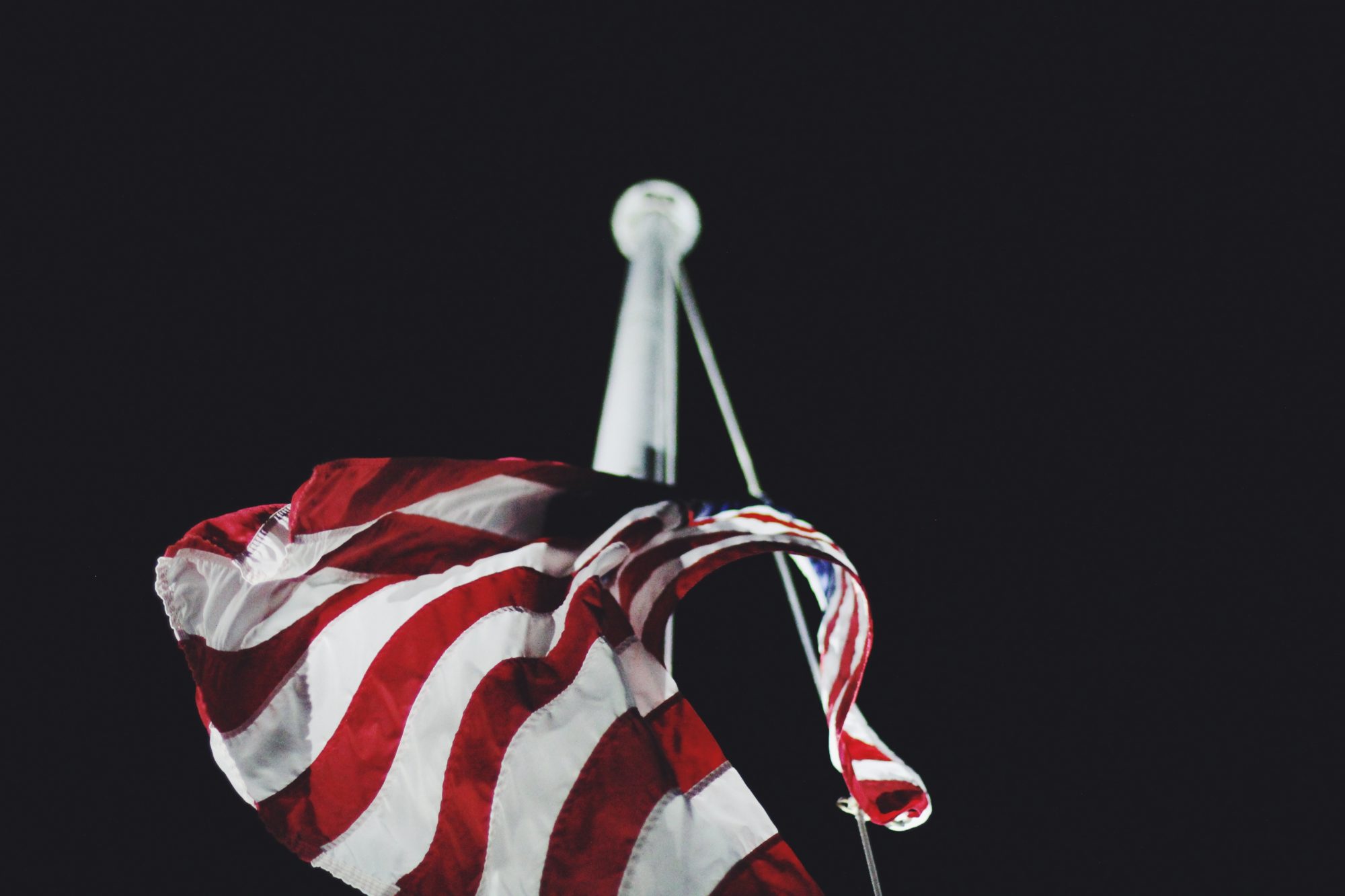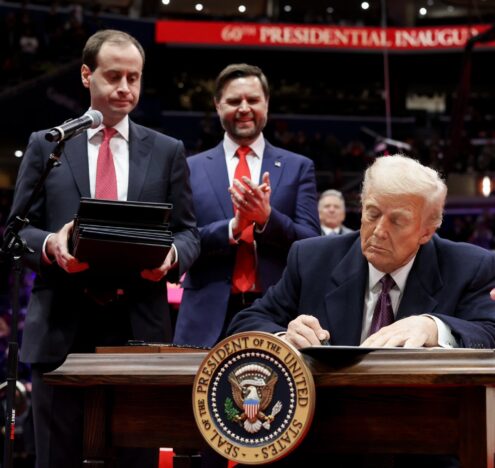The indictments of Paul Manafort and Rick Gates by Special Counsel Robert Mueller rocked the nation. While it was shocking to learn that Manafort allegedly spent more than $1.3 million on clothes (making Mariah Carey’s spending habits seem pretty reasonable) and conspired to launder more than $18 million he received for work done on behalf of a foreign government, it was just as surprising to many that Manafort and Gates were being charged with violating the Foreign Agents Registration Act (FARA), which just three people have been convicted of violating in the last 50 years.
While the FARA indictments were unusual, little about Manafort and Gates’ flaunting of the law was startling. They aren’t an anomaly, they’re just the tip of the iceberg in the thriving US foreign influence industry, and their indictments will do little to stop foreign lobbyists from shaping US foreign policy.
It’s All Hitler’s Fault: A Brief History of FARA
FARA was enacted in 1938 (one of the rare issues in politics that is literally Hitler’s fault) to increase transparency about the political work of foreign powers in the US Amendments in 1966. Prompted by foreign lobbyists’ excesses in seeking sugar quotas after US trade with Cuba (previously the largest sugar provider) was prohibited, the US significantly narrowed FARA’s focus to “political activities” that are “for or on behalf of the foreign principal.” The Lobbying Disclosure Act (LDA) of 1995 again significantly narrowed FARA’s focus by granting a FARA exemption to include any agent who is registered and does not work on behalf of a foreign government or political party.
Save for a whopping 23 FARA criminal cases successfully prosecuted during World War II, finding examples of FARA enforcement has been harder than finding women in Congress (and the US is ranked 104th in the world in women’s representation in government). A Department of Justice Inspector General’s (IG) report on FARA last fall found that from 1966 to 2015 the Department of Justice accused just seven people of FARA violations. Not surprisingly, the report also found that compliance with the law is abysmal, with 62 percent of FARA registrations being filed late and half of registrants filing at least one semi-annual update late. And, that’s just amongst those who actually register. According to long-time foreign influence reporter Ken Silverstein, if you prosecuted all lobbyists who failed to report their activities, “roughly half of Washington would be under arrest.”
The Foreign Influence Industry is Thriving
This lax enforcement, coupled with extremely lucrative contracts with foreign powers, has led to a thriving foreign influence industry. Earlier this week the FARA office laid out the details in a long overdue semi-annual report to Congress for the first six months of 2017. During that time there were 395 firms registered with FARA, representing 564 foreign clients, with 1,879 lobbyists working for them. In other words, there are more than three foreign lobbyists for every Member of Congress.
The pace at which the industry grew in the first months of the Trump administration is fairly staggering, adding 41 new firms, 103 new foreign principals, and 270 new foreign lobbyists.
The scope of the industry’s geographical coverage is also massive. 134 countries hired firms to represent them, meaning that the vast majority of countries in the world are seeking influence in DC But, there’s a massive inequality in foreign influence, from small players, like Nagorno Karabakh, which hired just one firm for $78,892, to the biggest players, like Saudi Arabia and the United Arab Emirates, which each hired more than a dozen firms and spent millions of dollars on influence operations in America.
Did all this money and influence actually get them anything? The Saudis have $108 billion reasons to think so.
A New Era of FARA Enforcement? Think Again.
But, never fear! FARA enforcement is back with a vengeance, according to the DC punditocracy! Indeed, a Foreign Policy headline read, “The Party’s Over for Washington’s Foreign Lobbyists,” after Manafort and Gates were indicted for FARA violations.
The problem with this theory—which I would love to believe, having bemoaned FARA non-enforcement way before it was cool (#FARAhipster)—is that nothing has actually changed to make it true. Congress hasn’t provided any more resources to enforce FARA and hasn’t passed any of the legislation that would bring much-needed changes to FARA. Special Counsel Mueller had immense resources available to him when he brought charges against Manafort and Gates for FARA violations. But once his investigation is complete those resources will be gone. Unless Congress acts to defend American democracy, FARA enforcement will return to being virtually non-existent and US foreign policy will again be influenced heavily by the whims of foreign powers and their lobbyists.
Dr. Ben Freeman is the Director and founder of the Foreign Influence Transparency Initiative at the Center for International Policy.




















